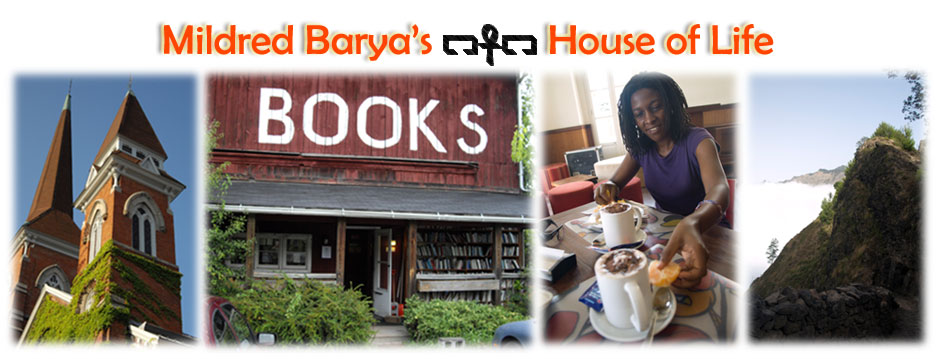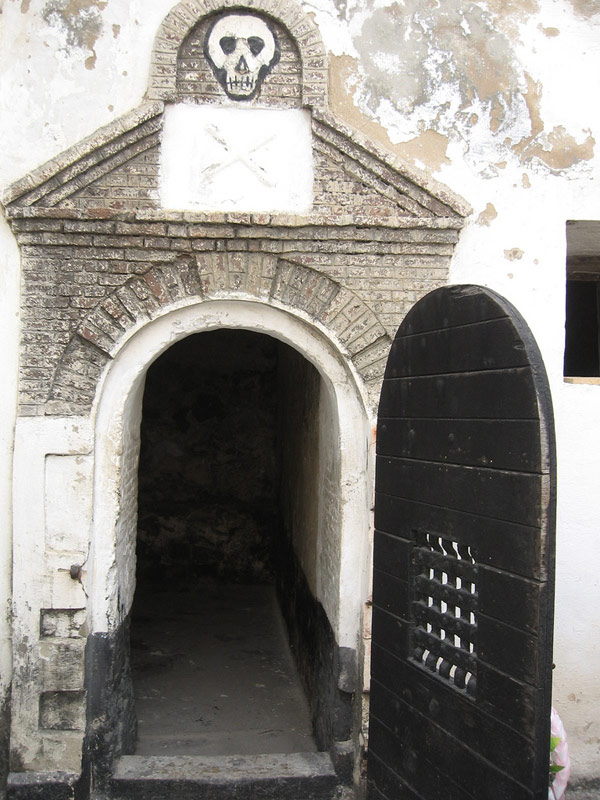I’ve been wanting to write this for a very long time—a new post for my blog.
Every time I’ve sat before my computer I’ve been overwhelmed by how much I have to sieve through. I am thinking I’ve been under a writer’s block of a different kind—finding myself with too much information and therefore not knowing how to proceed, how to start, and where likely to end.
I would like to go to the beginning. But what is my beginning in the given circumstances? It’s not something that will be sorted out by calendar dates. Perhaps I should go only as far as the last blog entry. And that will give me fresh pangs of guilt for there is so much that I have missed to capture in the name of waiting for the right moment, right content, right words, right magical time. Is there ever such a thing as right something? Or within each day, each ticking second, each breath, every minute that goes by, one may find a convenient and perfect tune for a song, that perfect something without the occasion of rightness or perfectness. But why am I rambling?
Back to the beginning: it was Ghana, now I remember. Word lovers and book magicians from all around the world congregated in an inaugural fashion to give birth to the Pan African Literary Forum. The greatest confession at the forum was that it wasn’t ‘something new’ but a revival of what had been there before. Newness does not always come with reinventing the wheel—often with the same flat tyre. One can avoid the eventual flatness by playing around new wine in old wineskins, and old wine in new wineskins. In summary that is what happened at PALF.
The gathering Down the corridors of history, men and women have gathered in Africa before to celebrate writing and book culture. It’s just that along the way, different generations have gotten disorganised and distracted. So the PALF bearers, (Jeff Allen with his board) saw it fit to revamp this love of literature by getting together a bunch of writers, literary critics, editors, publishers, literary agents, poets and performers. In the spirit of Nkrumah and W.E Dubois, there couldn’t have been a better venue than Ghana.
The mature generation writers like Keorapetse Kgositsile, Yusef Komunyakaa and Arthur Flowers mixed with the young, upcoming writers while in the middle of this mix were writers like Abena Busia, Jeffery Renard Allen, Binyavanga Wainaina, Matthew Sharpe and Nicholas Mhlongo.
Literary feeling Regionally, there was a strong American literature presence, West African, South African and East African. However, the Central and North African were missing in the picture. It is now standard that a literary forum cannot go on without a debate on language and accessibility. In spite of the good PALF kick-off, the Francophone was absent, so was the Maghreb. Certainly, it will require much logistical support for the next PALF to cross this divide and have a fair, global, and Africa wide participation. This will be worthwhile if inclusion and sharing are values of PALF, especially now that the PALF 2010 is planned to take place in Timbuktu, amidst the desert griots and reincarnators of that ancient, learning place.
Visit to Elmina and Cape Coast slave forts A confession here: am still trying to take in what happened: The magnitude of human suffering. That at a certain time in history humanity could sink so low and debase itself by enslaving and trading fellow humans. That justice could flee in the face of abject oppression and horrifying evil. That today you cannot roll up the 400 years of slavery, mark them forgotten and rewrite: new history.
Picture courtesy of aripeskoe2 and the WikiMedia Commons.
The Kakum park From the slave forts to this lush place, the message seems to simply be that nature is beautiful and provides healing, comfort and consolation. On one hand where human nature has performed to its worst, in the opposite direction is nature redeeming, flourishing, and saluting the indomitable human spirit that survives and grows in spite of intense terror.
The Kokrobitey Institute The final writing retreat tucked away in the seaside and scenic village. A group of young men and women are making Obama shirts and bags for sale in the US. A craftsman is recycling bottles, crushing the broken remains and making shirt buttons. He is the village alchemist seating by the fire, burning glass, turning it into something more refined and useful.
Reflections The literary forum, the land and the people induced a positive energy but left me no hint how to sort through the maze of what I had learned, tasted and touched. Back home, I sat in the hot sands of Dakar and counted the grains going through the spaces between my feet. I hoped at the end of the day I would have something for the blog. I got an invitation instead, to Bath. A one-woman mini kind of writing residence. The blog would have to wait. I also stopped listening to news. Before leaving Ghana, one evening I sat on the veranda of our residence with Parul Seghal, Paula Kling, Chris Mlalazi, and found us talking about the most costly places to live in. A survey had showed Tokyo at the top, London coming second. Parul and Paula who live in New York gave their figures, then asked how much rent I paid a month. In love with the statistics I pulled out the recent report that ranked Dakar number 41, and among the fifty most expensive cities. What beat my understanding was that majority of the ranked cities had in common high productivity marching the high costs with higher incomes. Dakar seemed to have high costs, low income. Shortly the focus turned on Chris. We asked him how much rent he paid a month. Without scratching his forehead he announced: 20 billion dollars. We did not laugh. We only sighed, ‘Oh, Zimbabwee.’ News of war from Russia and Georgia came in like comic relief. For some time now we have given Zimbabwe a break.
The Ghana veranda scene came to me while I was sloping down Bath. What’s more, in Bath the graceful hills brought back memories of growing up in Kabale, my hometown. I stared at the hills kneeling down to greet the valleys, and the treetops rising to touch the clouds. The gentle winds whisper in the shrubs and branches while the harsher winds upturn the leaves, making naked the trees. In this milieu my blog comes alive. I see the trees, the hills, my hometown, and leaves of all changing seasons: the green, the brown, the yellow and the red. Fruit trees blossom, plants and flowers bloom. I realize my blog holds the changing seasons; a time to write, a time to sort out what to write, a time to remember like autumn, a time to lie still like winter, a time to sit on the veranda the way am seated on the mown grass with the blades stroking my feet. It has become a therapeutic ritual, to remove my shoes and have contact with this earth, only to be transported to the soils I know in Kigezi, then taken to the sands in Dakar that are also my home. And to the blog covered with leaves that is home, too. To the lecture rooms where poetry readings have kept most of us sane.
In a final wrap up of seasons, I remember that 1st August was my birthday. Lammas day for those with spiritual inklings and into the unleavening of the first ripe bread. I sat by the Atlantic and looked in the eyes of the ocean to read my future, which also happens to be my present. The ocean made me happy and sad at the same time. I felt insufficient. I stretched my hands to hold it in my embrace and I couldn’t. I took off my shoes and with my feet stroked it instead. It has been a long journey coming back to this blog, to writing this postcard. I’ve wondered what fitting title I should give it. I can’t seem to get past postcard, since what am writing chronicles my time in a literary journey, entries of growing, weaving, planting, harvesting, winnowing and sifting words like grains on the shore, like Bath’ green blades of grass, like the leaves and hills that remind me of home, that tell me I am here, home.


One Response to One writer’s postcard (the Pan African Literary Forum in Ghana)